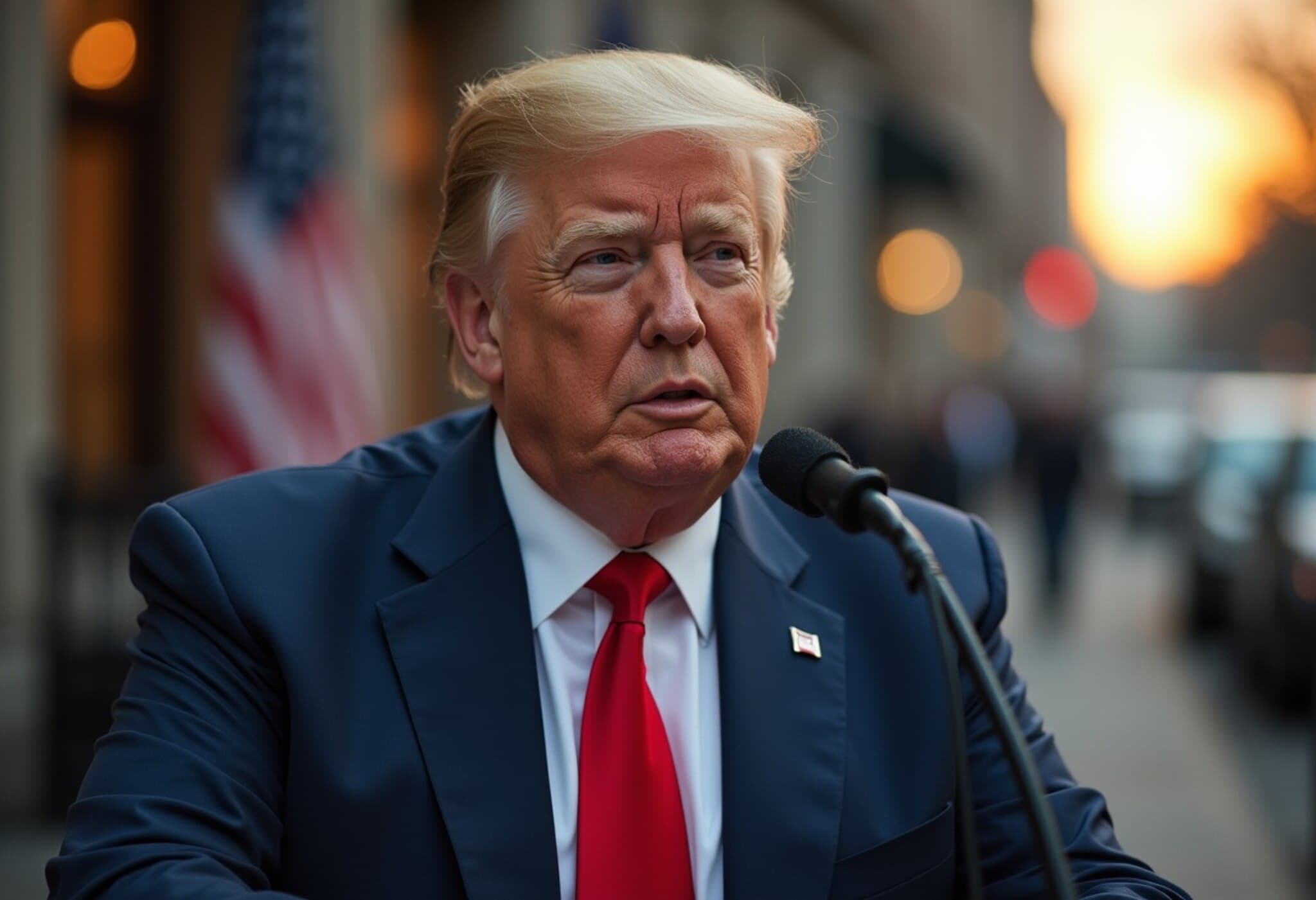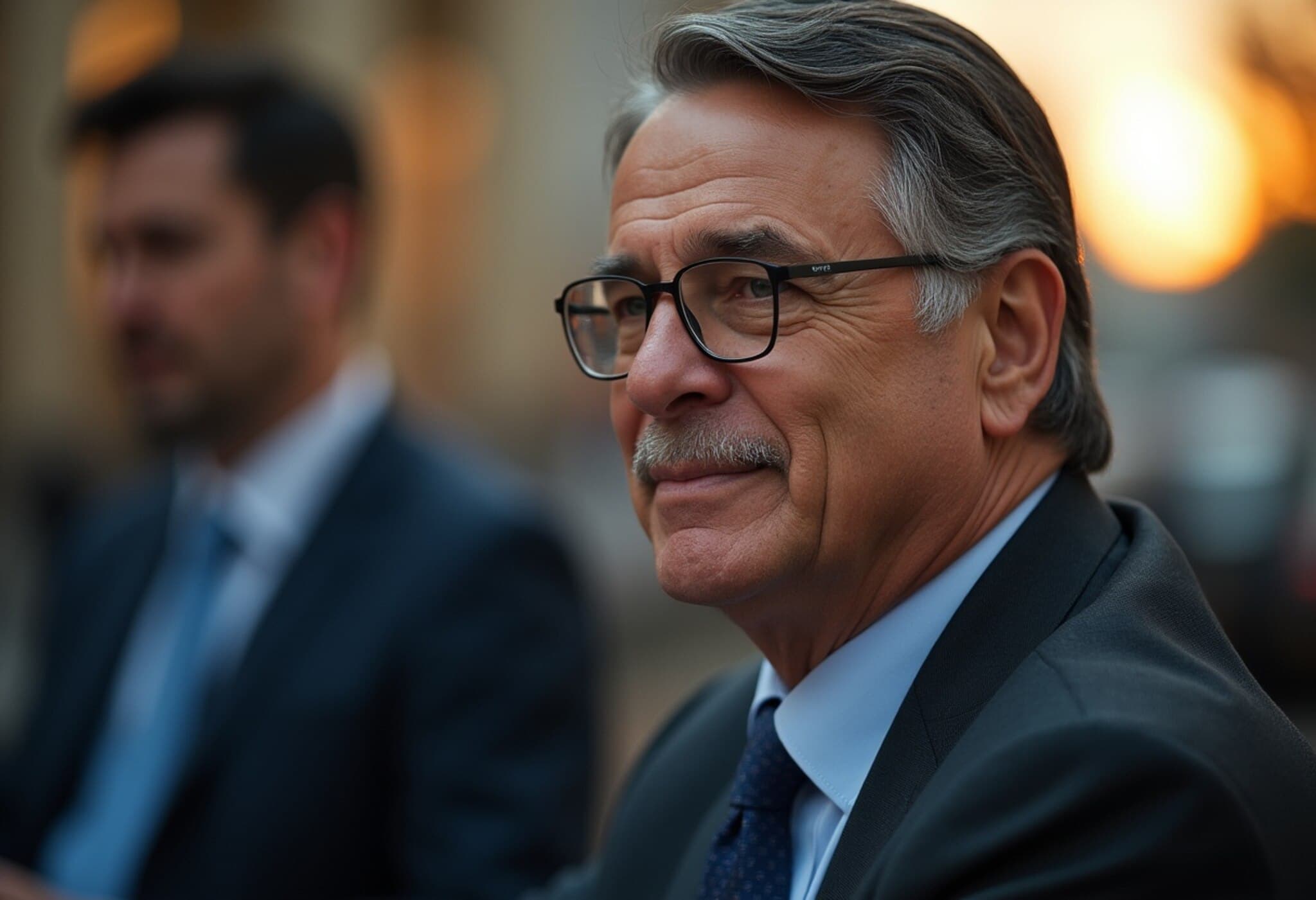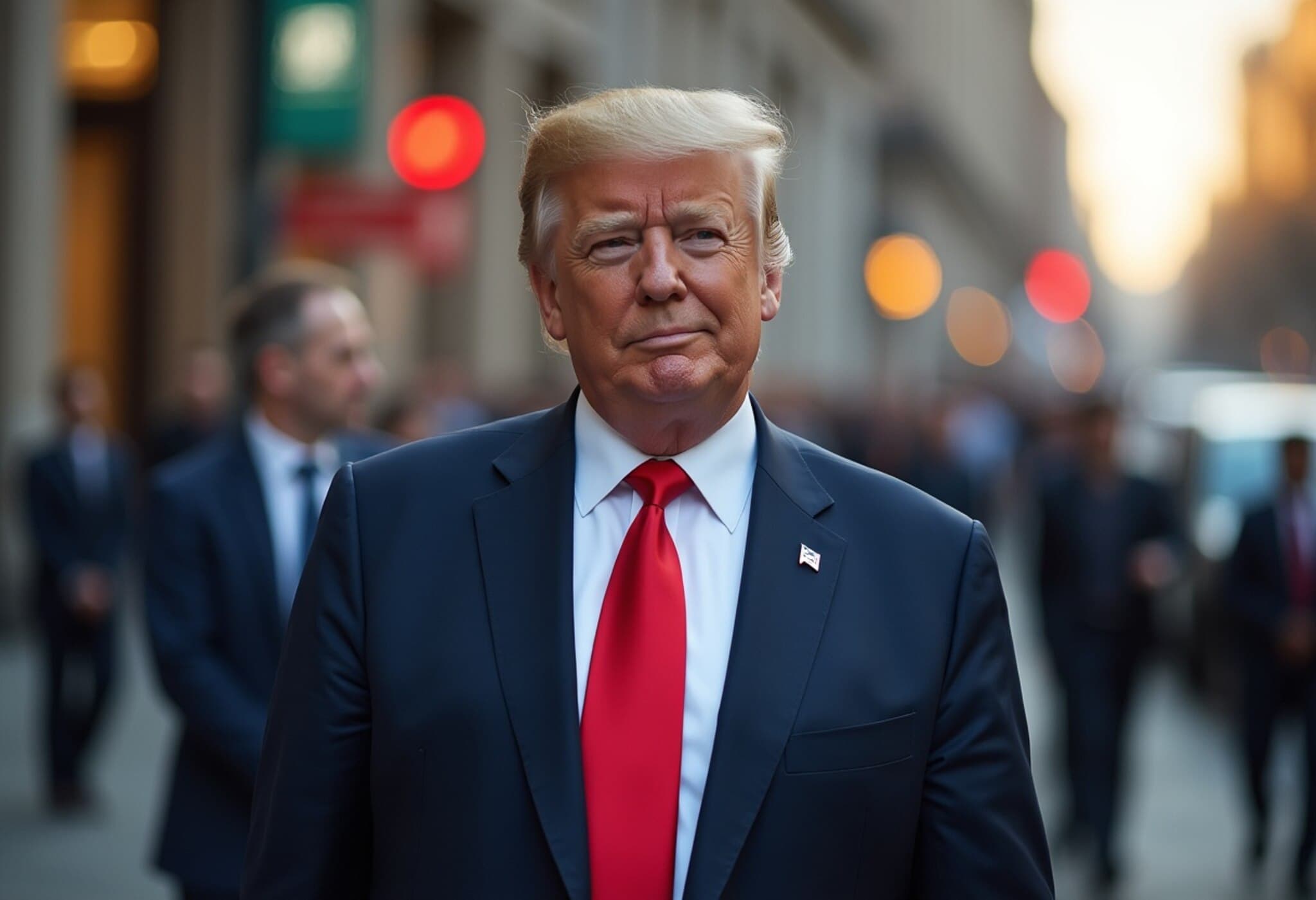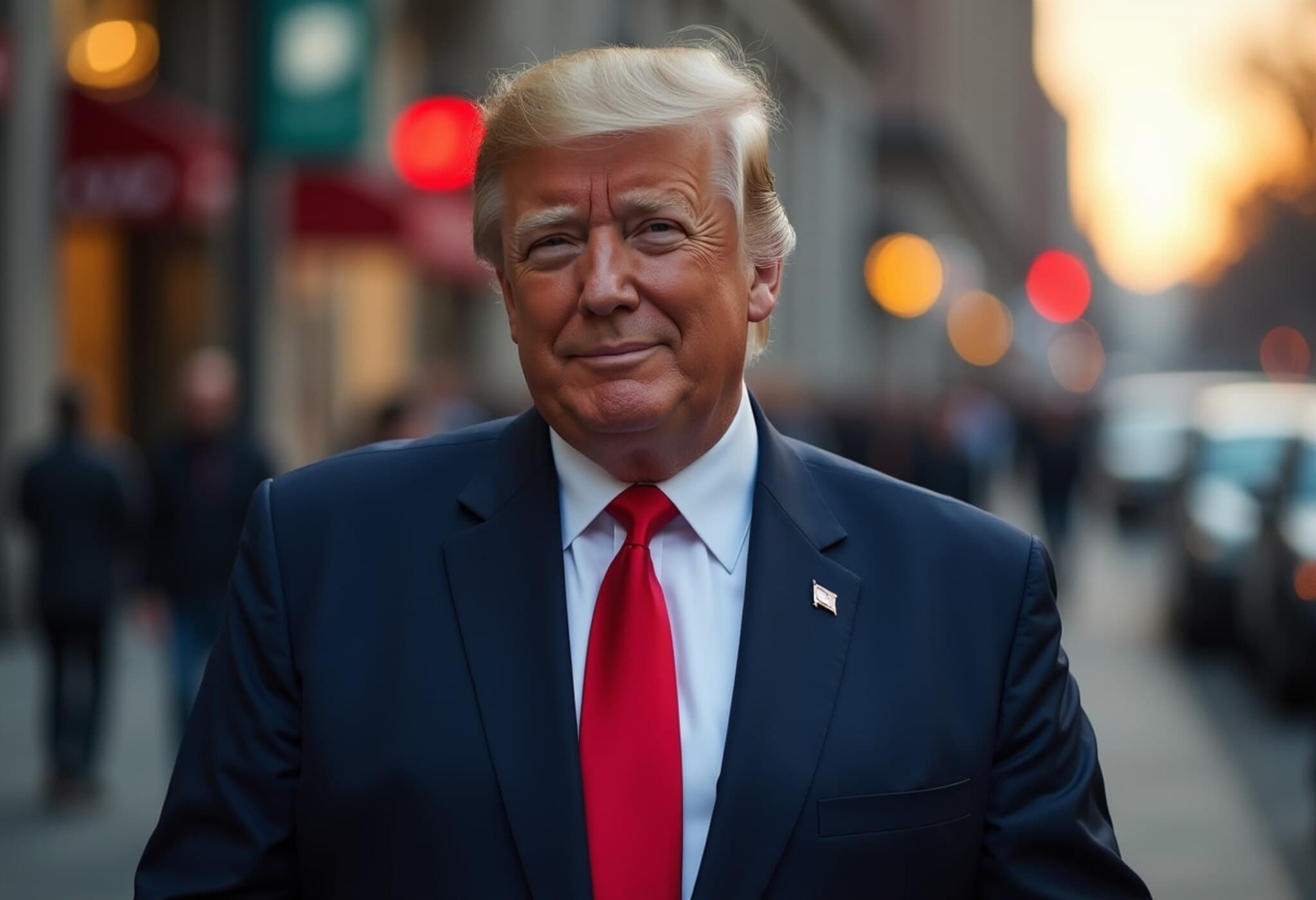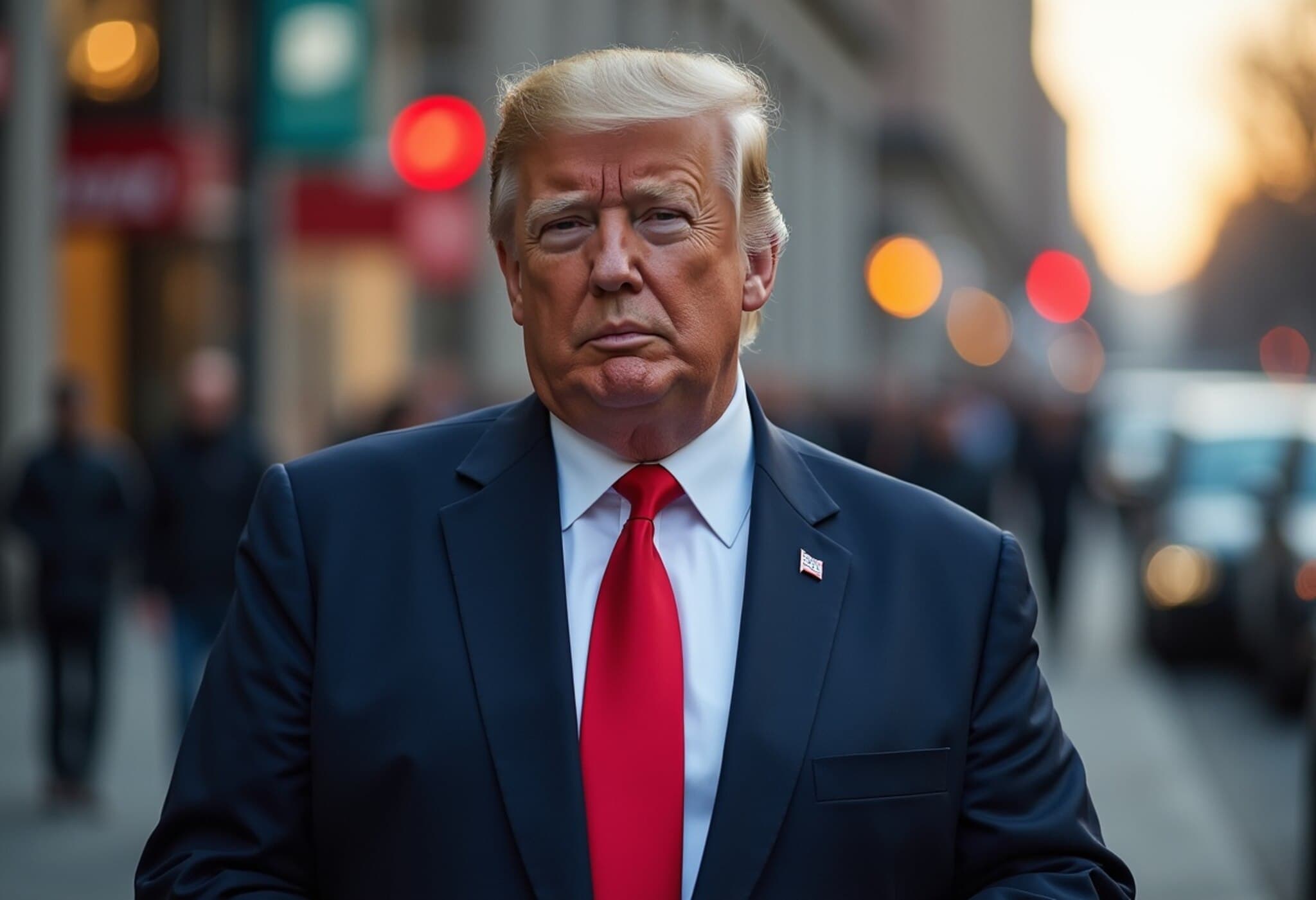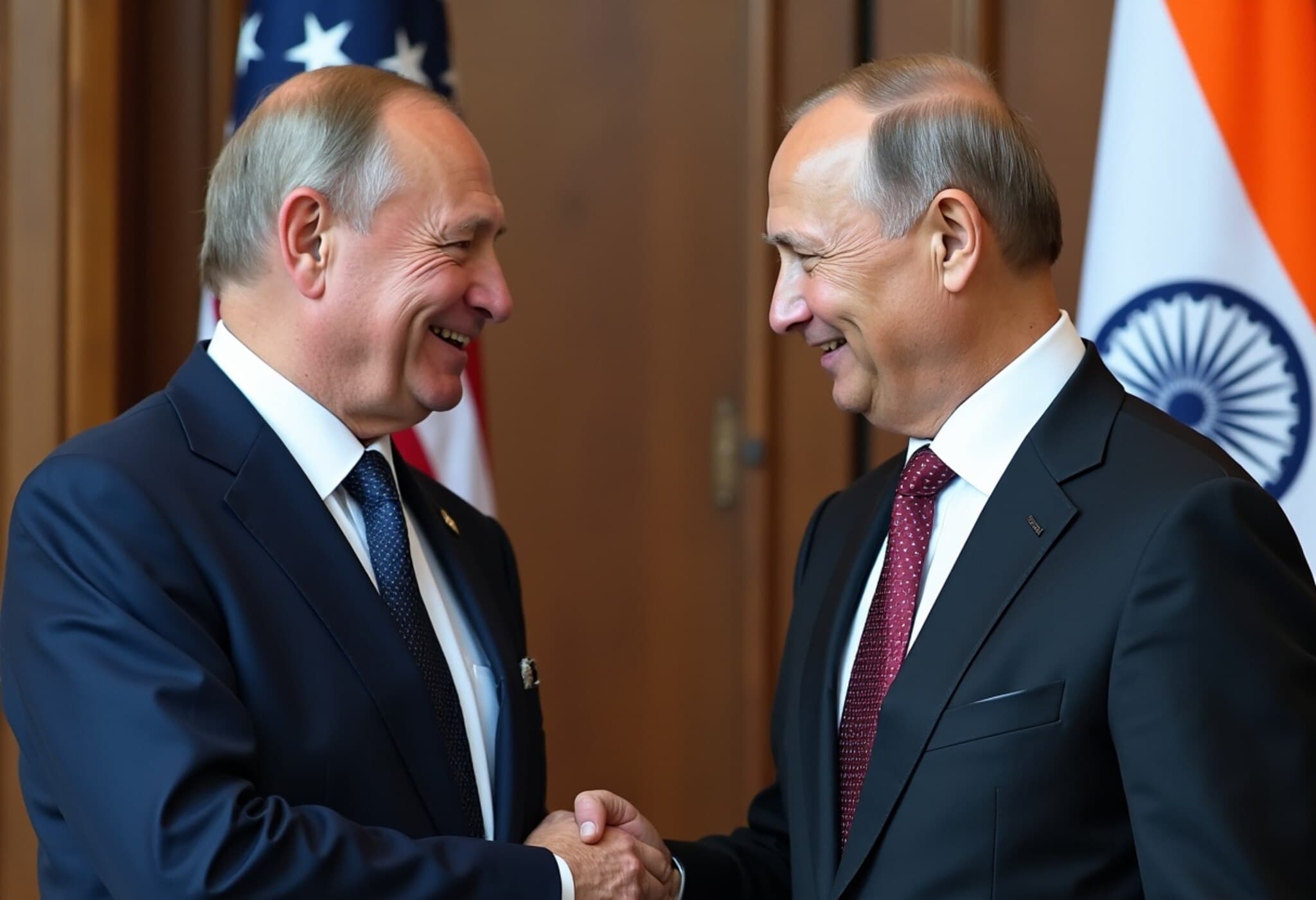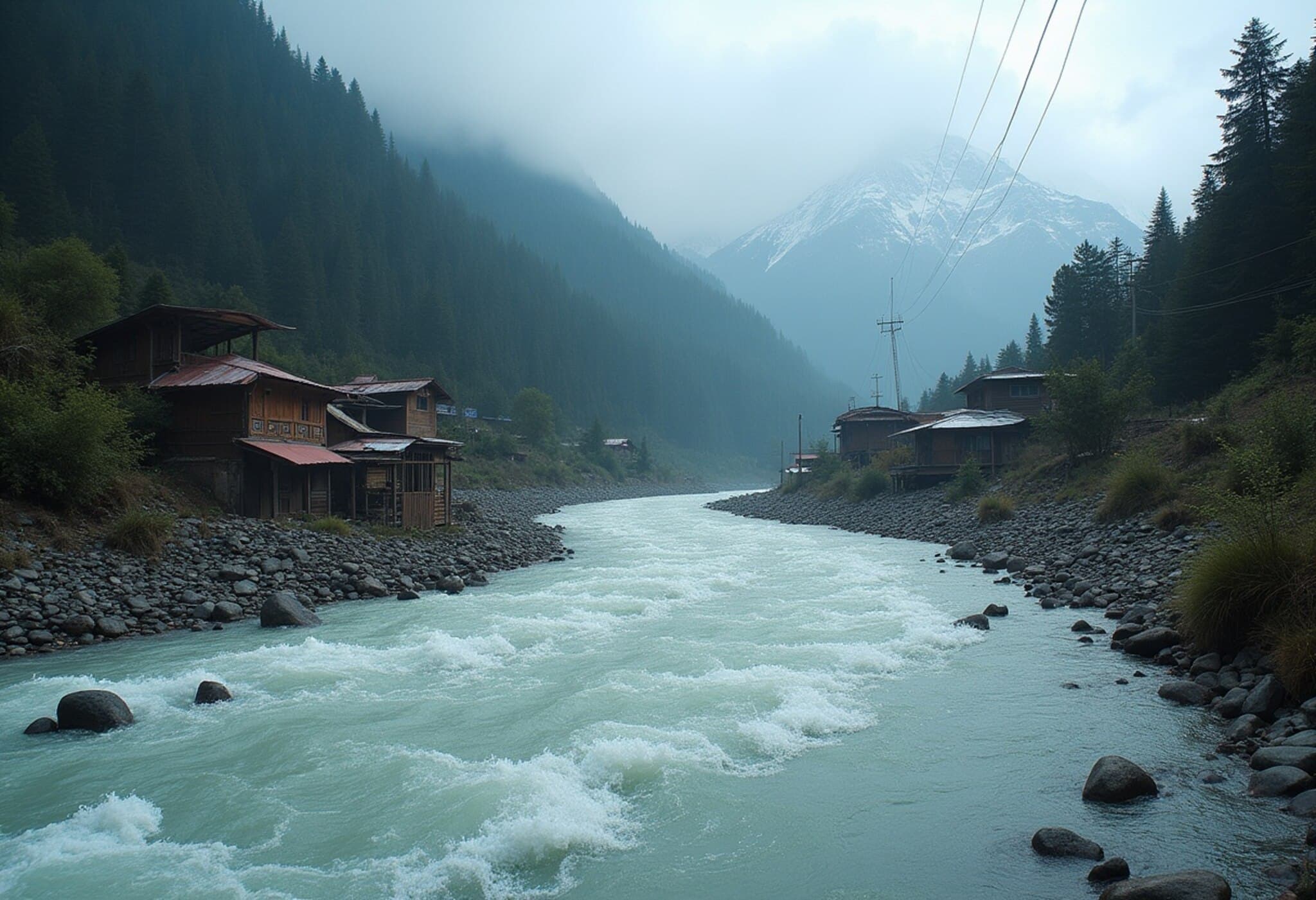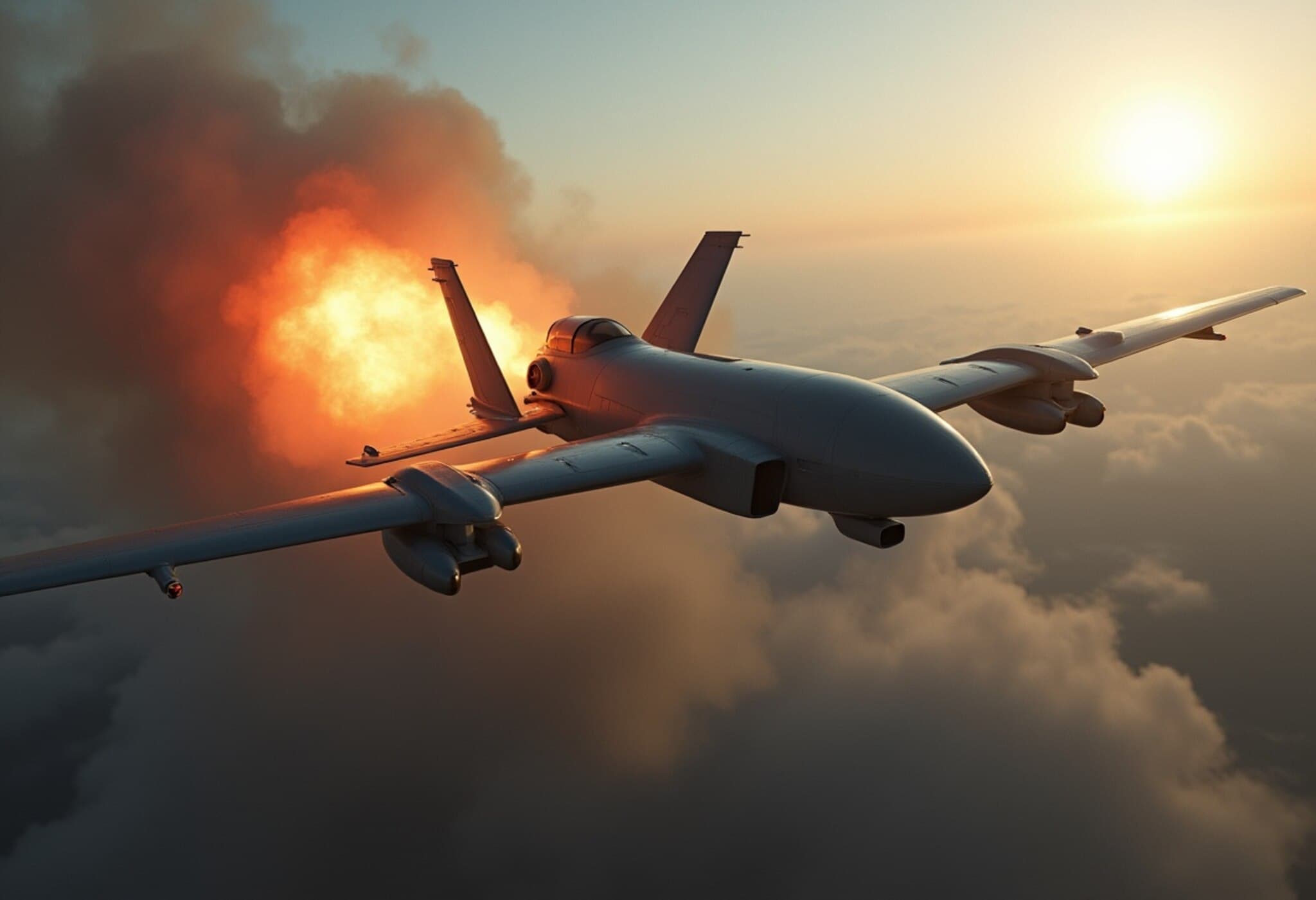Trump Expresses Surprise Over US Imports of Russian Uranium and Fertilizers
In a striking admission on August 6, 2025, former US President Donald Trump publicly stated that he was unaware of the United States importing uranium and fertilizers from Russia. This revelation comes amid heightened diplomatic tensions, with India citing similar trade ties to Moscow in its defense against Western criticism for continuing its oil imports from Russia.
US-Russia Trade: Rising Imports Amid Sanctions
Despite stringent sanctions following Russia’s invasion of Ukraine, certain US imports from Russia have quietly increased. Data from January to May 2025 shows a 23% year-on-year rise in imports to $2.1 billion, fueled by significant jumps in palladium (up 37%), uranium (28%), and fertilizers (21%). While overall trade remains sharply reduced compared to pre-war levels—dropping nearly 90% since 2021—this nuanced uptick highlights the complex realities of global supply chains.
The Strategic Importance of Uranium and Fertilizers
Uranium, critical for nuclear energy and national security, and fertilizers, essential for American agriculture, underline why these imports from Russia are not merely commercial but have broader geopolitical implications. Experts suggest that dependence on Russian raw materials complicates US foreign policy, especially as Washington pushes allies to reduce economic engagement with Moscow.
Trump's Escalating Pressure on India Over Russian Oil
Amplifying existing US-India trade tensions, Trump expressed intent to significantly hike tariffs on India within 24 hours, citing India's ongoing purchase of Russian oil. In a CNBC interview, he accused India of an unfair trade partnership, saying, "We had settled on a 25 percent tariff, but I’m going to raise it significantly because they’re buying Russian oil and fueling the war machine." This marks a more aggressive stance compared to previous US administrations’ approaches.
India Pushes Back Against Tariff Threats
India swiftly rebuffed the tariff threat, condemning it as "unjustified and unreasonable." External Affairs Ministry spokesperson Randhir Jaiswal stressed that India’s energy imports from Russia are often singled out, even as many Western countries maintain trade relations with Moscow. "Like any major economy, India will act to protect its interests," Jaiswal affirmed, highlighting a growing geopolitical friction where economic imperatives clash with diplomatic posturing.
Contextualizing the Diplomatic Standoff
- US Domestic Politics: Trump’s remarks may reflect a political strategy to assert his influence over trade policy debates amid shifting global alliances.
- Global Supply Chain Complexities: The US reliance on Russian raw materials such as uranium and fertilizers reveals vulnerabilities that challenge sanctions effectiveness.
- India’s Balancing Act: As a rising global power, India carefully navigates its energy needs with international diplomatic pressures, emphasizing sovereignty and economic security.
Expert Insight: What This Means for Global Trade and Security
Energy and resource dependencies are at the heart of the Russia-West standoff, embedding economic decisions in geopolitical conflict. The US’s increasing imports of strategic materials from Russia, despite official sanctions and criticisms, underscore the limits of current policy tools. Trade experts argue that without developing alternative supply chains, the US and its allies risk inconsistency in enforcing sanctions and protecting domestic industries.
Furthermore, India’s stance is a case study in how emerging economies weigh national interest against the pressures of global diplomacy. This tension between economic pragmatism and geopolitical alignments may define international relations in the coming years.
Looking Ahead: A Delicate Diplomatic Dance
The interplay of trade politics, resource security, and geopolitical alliances will continue to unfold on a complex stage. As the US reconsiders tariffs and trade policies, the reactions from India and other trading partners will shape the global economic landscape post-Ukraine conflict.
Editor's Note
This episode reveals the nuanced challenges in enforcing sanctions and sustaining geopolitical cohesion amid intertwined economic interests. Trump's admission spotlights how gaps in awareness at the highest levels may reflect broader complexities in supply chains and policy coordination. Readers are encouraged to consider how resource dependence shapes international diplomacy beyond headline rhetoric.

